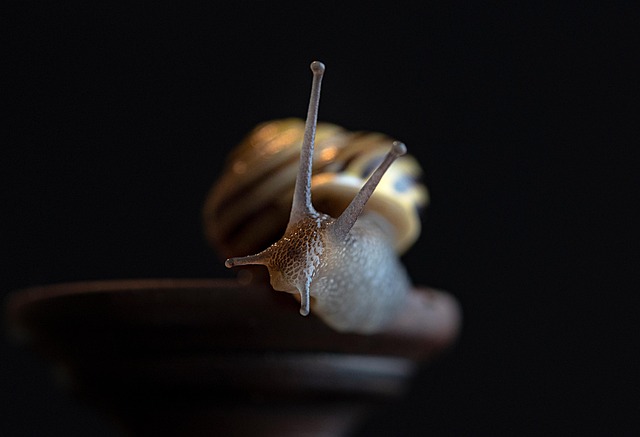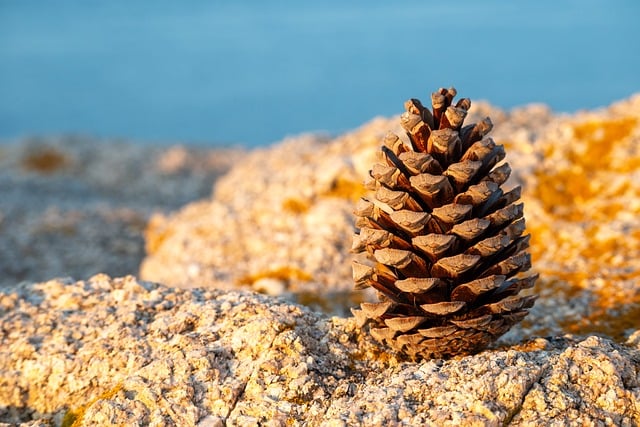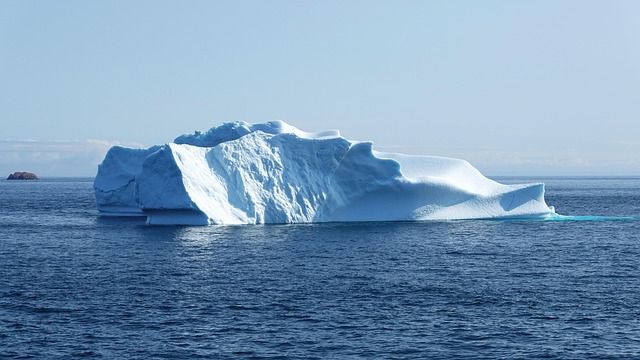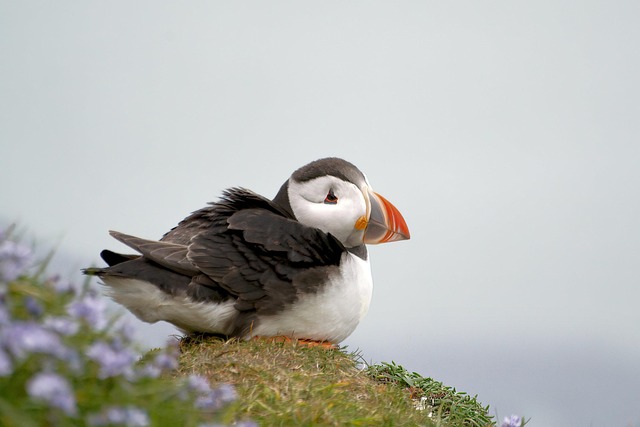Melting Concerns: Mollusks in a Changing Climate
The world is in a constant state of change, and for many, the impact of climate change can feel overwhelming. Among the most vulnerable species caught in the crosshairs of this environmental crisis are mollusks—an essential component of marine ecosystems. These intriguing creatures, from elegant oysters to vibrant sea slugs, are facing unprecedented challenges as our planet warms.
As temperatures rise and ocean waters heat up, mollusks are experiencing a range of threats that go beyond just a changing habitat. For instance, elevated temperatures can disrupt their reproductive cycles, leading to diminished populations. When the delicate balance of marine life is upset, not only do mollusks struggle, but entire ecosystems face the risk of collapse. This domino effect can leave us with fewer natural resources and a greater ecological imbalance.
Moreover, climate change is contributing to ocean acidification—a phenomenon that occurs as carbon dioxide emissions dissolve in seawater, altering the pH levels. Mollusks, which rely heavily on calcium carbonate to build their shells, find it increasingly difficult to maintain their structures in more acidic waters. The weakened shells make them more susceptible to predators, and in many cases, they simply cannot survive these harsh conditions.
The plight of these mollusks serves as a stark reminder of the interconnectedness of life on Earth. Their well-being is tied to the health of our oceans, which in turn is closely linked to human activity. As we witness melting ice caps and rising sea levels, it becomes clear that our actions have far-reaching consequences. The fate of mollusks can be seen as an indicator of the overall health of marine ecosystems, and their decline may signal a larger impending crisis for the environment.
It is crucial to acknowledge that mollusks play a significant role in many marine habitats—they are not only a food source for various species but also contribute to the health of coral reefs and water quality. Protecting these organisms is not just about saving them; it is about preserving a vital component of our environmental fabric.
As we navigate the complexities of climate change, it is essential to advocate for sustainable practices, reduce carbon footprints, and support marine conservation efforts. By raising awareness and taking action, we can help ensure that mollusks—along with countless other species—have a fighting chance in a rapidly changing world. Each small effort counts towards a healthier planet, and every voice can contribute to the call for stronger environmental protections.
Let us remember that the fate of mollusks and other vulnerable species mirrors our journey on this planet. Their struggles reflect our collective responsibility to foster a thriving, resilient environment that can adapt and endure, even in the face of adversity.




